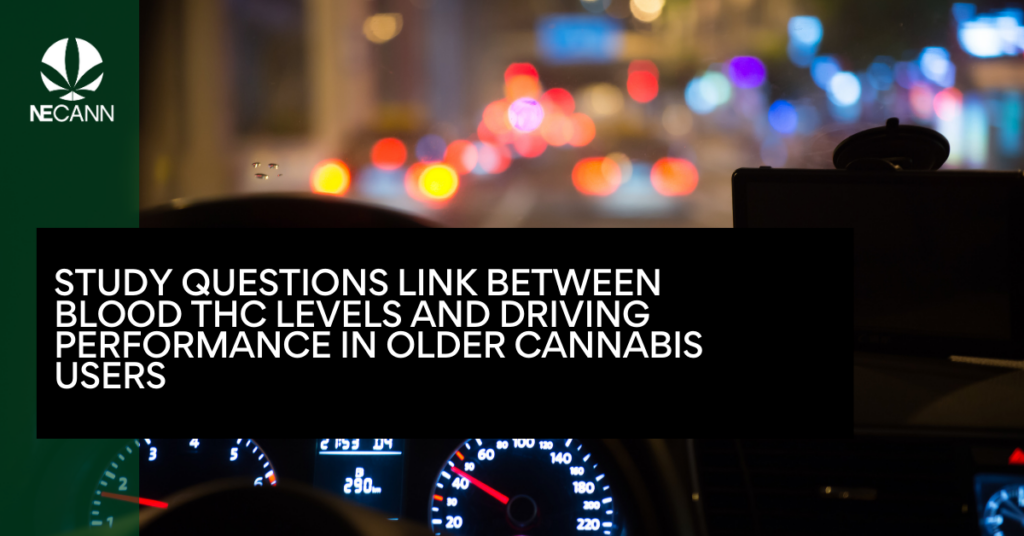In a recent study published in the Journal of the American Medical Association (JAMA) Network Open, researchers conducted a comprehensive examination of the effects of cannabis on driving abilities, specifically focusing on adults aged 65 to 79. Led by Patricia Di Ciano, PhD, the study delves into the nuanced relationship between cannabis consumption, driving performance, and the presence of THC in participants’ blood.
The study observed regular users of high-potency THC-dominant cannabis and noted an increase in weaving and a decrease in speed 30 minutes after consumption. Surprisingly, these changes in driving performance were not directly correlated with blood THC concentrations. The impairment appeared to dissipate within a few hours, with the study revealing that “associations between cannabis and driving were apparent at 30 minutes but not 180 minutes after smoking.” Interestingly, self-reports of impaired driving persisted for 3 hours, suggesting heightened awareness among participants of potential impairment.
While the evidence suggested an impact on driving performance, the study found that “blood THC level was not correlated with driving behavior.” This conclusion challenges the conventional use of THC blood tests by law enforcement agencies to determine impairment in drivers.
In response to the study, NORML (National Organization for the Reform of Marijuana Laws) issued a statement advocating for more sensible regulations around cannabis impairment. NORML emphasized that the study’s findings align with previous research indicating that detecting THC or its metabolites in bodily fluids does not reliably predict impaired driving performance. The organization has long opposed the imposition of per se THC limits for motorists and instead called for the adoption of mobile performance technology like DRUID.
DRUID, a mobile app developed by Impairment Science, Inc., utilizes neuroscience to assess users’ cognitive and motor impairment levels. The app, introduced in 2021 by the Department of Public Safety in Highland Park, Texas, is used to track officers’ fatigue levels and assist in determining optimal shift schedules. Beyond individual use, the technology has potential applications in various business settings.
The study’s findings raise questions about the effectiveness of current regulations that rely on THC blood tests to determine impairment in drivers. With the lack of a clear correlation between blood THC levels and driving performance, the need for a more nuanced approach to assessing impairment becomes evident. NORML’s endorsement of technology like DRUID suggests an alternative method for evaluating cognitive and motor functions to ensure road safety.
As cannabis legalization continues to evolve, the study underscores the importance of reevaluating and refining regulatory frameworks surrounding cannabis impairment, especially for older adults. The findings contribute to the ongoing dialogue about responsible cannabis use and its intersection with public safety on the roads.




